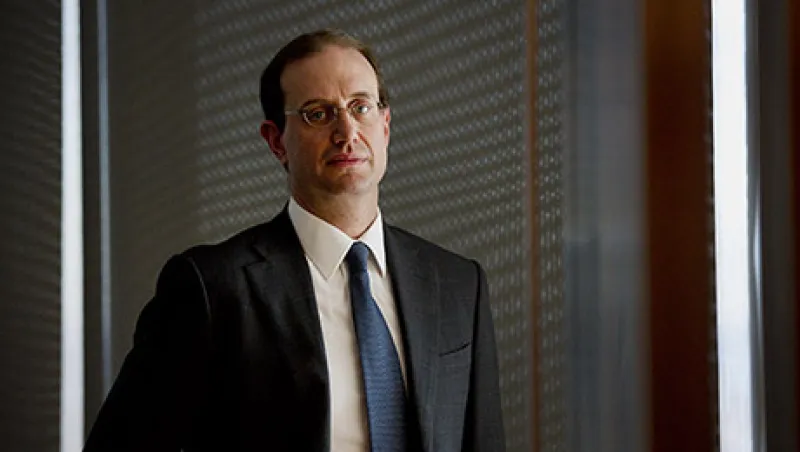
Mark Wiseman, chief executive officer of Canada Pension Plan Investment Board (CPPIB), stands for a photograph after an interview in Toronto, Ontario, Canada, on Tuesday, Jan. 27, 2015. Wiseman, who runs Canada's biggest pension fund, said that simple supply and demand perspective all but guarantees oil prices will be higher 10 years down the road, offering investment opportunities now for the C$234 billion ($188 billion) fund. Photographer: Kevin Van Paassen/Bloomberg *** Local Caption *** Mark Wiseman
Kevin Van Paassen/Bloomberg

